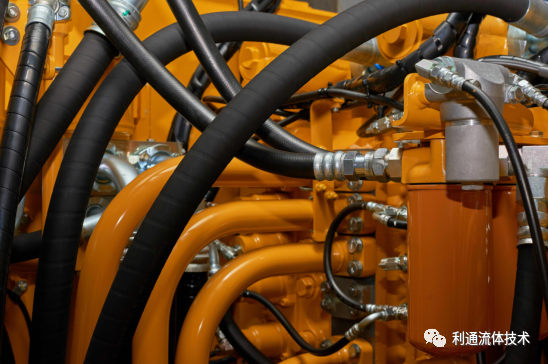How to Clean Your Evaporator Coil
2023-08-22 10:15:29
Use a can of compressed air to blow away any large bits of dirt or organic growth from the coils. Be careful not to bend the delicate coil fins as you do this.
If your evaporator coils have heavy mold, mildew or algae buildup, try using a foaming cleaner that is designed for HVAC systems. Follow the instructions on the product label.
Compressed Air
Air hoses are used in a variety of different environments and for a multitude of tasks. They come in a wide range of materials from polyurethane to polyethylene and polyamide. Each material has a specific set of characteristics that make it ideal for specific applications. These hoses have a variety of working pressures, temperatures and minimum bend radiuses.
Using a compressed air to clean an evaporator coil can be a quick and convenient option. Be careful not to spray the nozzle too close to the coil as it can easily cause damage and leave marks. The best method is to use a foaming no-rinse cleaner designed to work on HVAC systems. These cleaners are designed to penetrate and emulsify contaminants, making them water soluble so that rinsing or condensation will remove them. They are also virtually odorless, non-corrosive and environmentally safe. They don’t etch aluminum and are resistant to oil, gasoline and chemical products. They also provide abrasion resistance and ozone weather resistance.
Dishwashing Detergent
Dishwasher detergent has a big job to do: It must power through and dissolve dried, stuck-on food from all types of dinnerware, flatware, storage containers, and cookware. It also needs to fight hard water spots, deodorize dishes, and remove grime and residue from the dishwasher itself.
Depending on your preferences, you can find eco-friendly dishwasher detergent that contains biodegradable surfactants and natural ingredients. These detergents are free of phosphates, chlorine, dyes, and fragrances to protect both the environment and your skin.
White Vinegar
White vinegar, also known as distilled vinegar, is an effective cleaning agent that can be used to remove mold and bad odors from fabric, wood and tile. It is often used to refresh laundry, kill weeds, unclog drains and clean metal. It is also a natural food preservative and can be used to treat yeast infections and warts.
White distilled vinegar is made through the fermentation of grain alcohol. Yeast feasts on the sugar in the grain, producing acetic acid. Manufacturers separate the acetic acid from the grain alcohol, leaving behind a clear liquid that is almost flavorless and odorless.
Diluted distilled white vinegar is a green cleaning solution that can be used to clean windows, hardwood floors, carpet stains and fireplace bricks. It can also be used to remove rust from metals like copper, pewter and brass. When combined with baking soda, it can be used to clean sinks and drains. It can also be used to soften hair and skin.
Foaming No-Rinse Cleaner
A foaming no-rinse cleaner works well on most coils. When sprayed on the coils, it quickly breaks down and lifts off grime and dirt that is embedded in between fins. This cleaner is safe to use on both aluminum and copper coils. Follow the directions on the can to ensure that it will safely clean your coils.
Spray the cleaner on the coils and allow it to sit for a few minutes. Indoor units that have been cleaned with rinse-free cleaner simply need to be started up; the condensation will rinse the emulsified matter off on its own. Evap Foam "no rinse" is a high performance, heavy duty detergent specifically formulated with special surfactants and alkaline cleaners that have been developed into a foaming, no rinse product. It is particularly suited to cooling or evaporator coils.